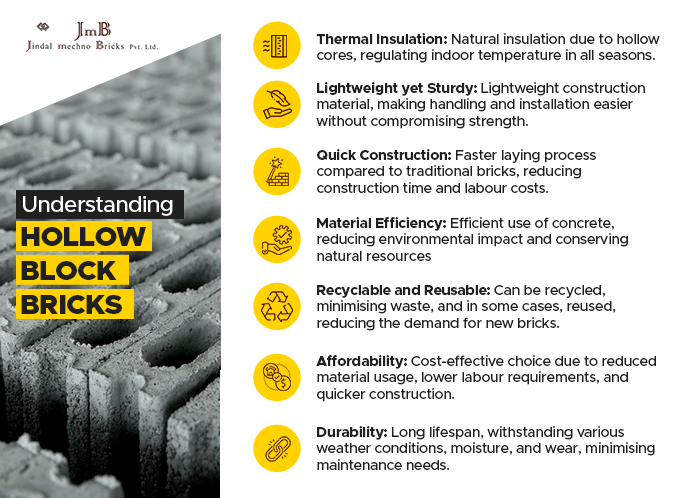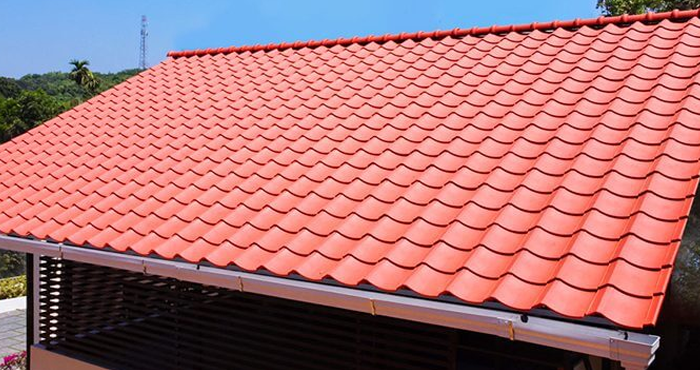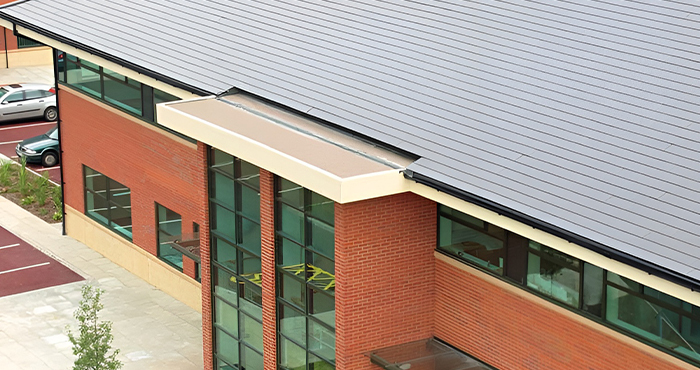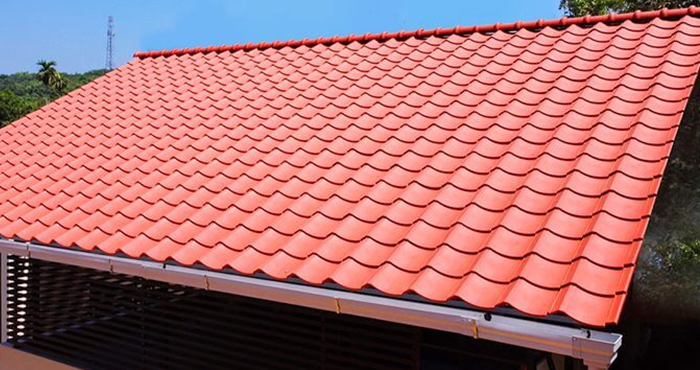Building a home is a dream for many of us. But in today’s world, where environmental consciousness is on the rise, it’s not just about having a home—it’s about having an energy-efficient one. One vital player in the realm of energy-efficient building design is the humble hollow block brick.
In this blog, we will explore what hollow block bricks are and how they play a pivotal role in creating sustainable and energy-efficient buildings.
Understanding Hollow Block Bricks
What Are Hollow Block Bricks?
Hollow block bricks are rectangular concrete bricks with hollow chambers inside of them. They are also known as concrete blocks or concrete masonry units (CMUs). Because these blocks come in a variety of sizes and forms, they can be used in a variety of applications related to construction. These bricks are special because of their hollow core, which allows them to be lightweight and strong at the same time.

The Energy-Efficient Edge of Hollow Block Bricks
Optimal Insulation
These bricks’ hollow cores serve as a natural insulator. They offer excellent thermal insulation in harsh weather, keeping your house warm in the winter and cool in the summer. This insulating quality helps to save energy by lowering the need for artificial heating and cooling systems.
Reduced Construction Time and Labor
Compared to regular bricks, hollow bricks in building design are easier to handle and install more quickly because of their size and shape. This shortens the time needed for construction while also requiring less workers. Fast building reduces time spent on-site, which eventually results in less energy being used.
Eco-Friendly Aspect of Hollow Block Bricks
Material Efficiency
When compared to solid bricks, hollow bricks in building design require less concrete, which makes them a more sustainable option. Because less materials are used in the production process, fewer natural resources are used up, which supports sustainable building practices.
Recyclable and Reusable
Concrete blocks are recyclable, and in some cases, they can even be reused. This reusability reduces the demand for new bricks, ultimately conserving energy and resources. Additionally, the recycling process itself is energy-efficient compared to manufacturing new bricks from raw materials.
Cost-Effectiveness and Longevity
Affordability
Because of their fast construction, cheap work needs, and effective material utilisation, hollow bricks are an affordable building material. Because of its cost, more people will be able to adopt energy-efficient building practices, which will support the development of sustainable housing alternatives.
Durability
These bricks are incredibly durable, with a lifespan that surpasses many other building materials. Their ability to withstand various weather conditions, moisture, and wear ensures that the building remains energy-efficient over the long term. This durability reduces the need for frequent renovations and repairs, saving both energy and money in the future.
Conclusion
It is impossible to overstate the importance of hollow bricks in energy-efficient building design when it comes to the goal of sustainable living. Because of their longevity, cost-effectiveness, eco-friendliness, and insulating qualities, they are essential materials for creating green structures. In addition to building cosy homes, hollow bricks help us save an extensive amount of energy and resources, clearing the path for a more sustainable and environmentally friendly future.
So, the next time you think about building your dream home, consider the impact of hollow block bricks on both your comfort and the environment. And if you are looking for the best hollow bricks in building design, Jindal Mechno Bricks is here to help. Our experts are well-versed in making and delivering high-quality building materials to help you in building your dream home. Contact the team to know more about hollow bricks price.
FAQs
1. What are hollow block bricks, and how are they different from traditional bricks?
Hollow block bricks, also known as concrete blocks or CMUs, are rectangular bricks made from concrete with hollow cavities inside. Unlike traditional solid bricks, the hollow core of these bricks provides natural insulation, making them lightweight yet sturdy. This insulation property sets them apart, making them ideal for energy-efficient building design.
2. How do hollow block bricks contribute to energy efficiency in buildings?
Hollow block bricks offer excellent thermal insulation, keeping buildings cool in summer and warm in winter. Their insulating properties reduce the need for artificial heating and cooling systems, thereby conserving energy. Additionally, their quick construction reduces labour and time, further contributing to energy efficiency.
3. Are hollow block bricks environmentally friendly?
Yes, hollow block bricks are eco-friendly. They use less concrete compared to solid bricks, conserving natural resources. Moreover, they are recyclable and, in some cases, reusable, reducing the demand for new bricks and promoting sustainable construction practices. Their material efficiency and reduced environmental impact make them a green choice in building construction.
4. Are hollow block bricks cost-effective in the long run?
Absolutely. Hollow bricks in building design is cost-effective due to its efficient use of materials, reduced labour requirements, and quick construction. Their durability ensures that buildings constructed with these bricks require fewer repairs and renovations over time, saving both energy and money in the long run. The initial investment in hollow block bricks pays off significantly over the building’s lifespan.
5. Can hollow block bricks be used for different types of buildings?
Yes, hollow block bricks are adaptable and suitable for a range of building types, such as commercial, industrial, and residential ones. Their versatility in terms of size and form allows designers and builders to produce a wide range of designs. Hollow block bricks can be customised to match the unique energy-efficient requirements of various buildings, whether it’s a pleasant home, a roomy office, or an industrial warehouse.





